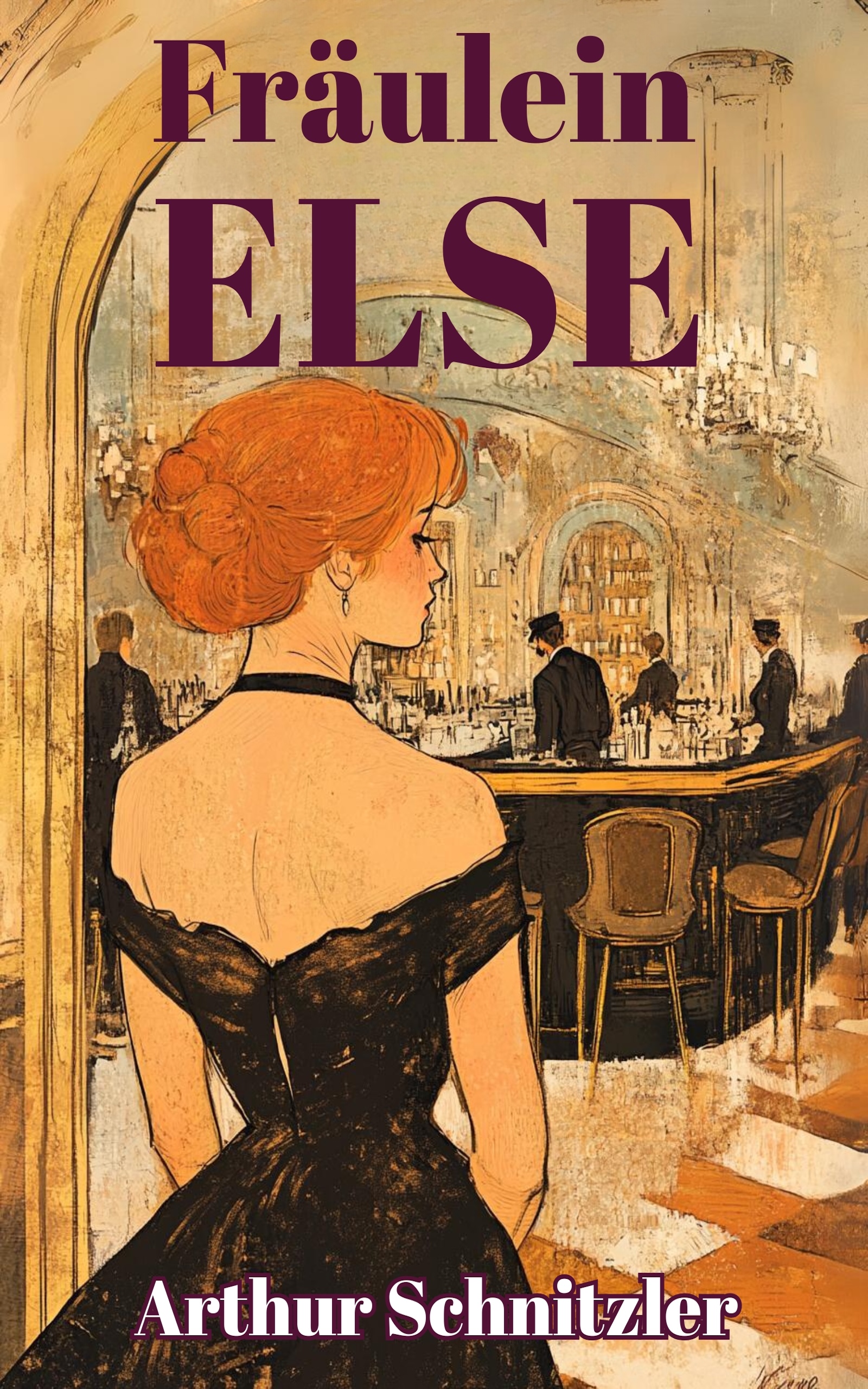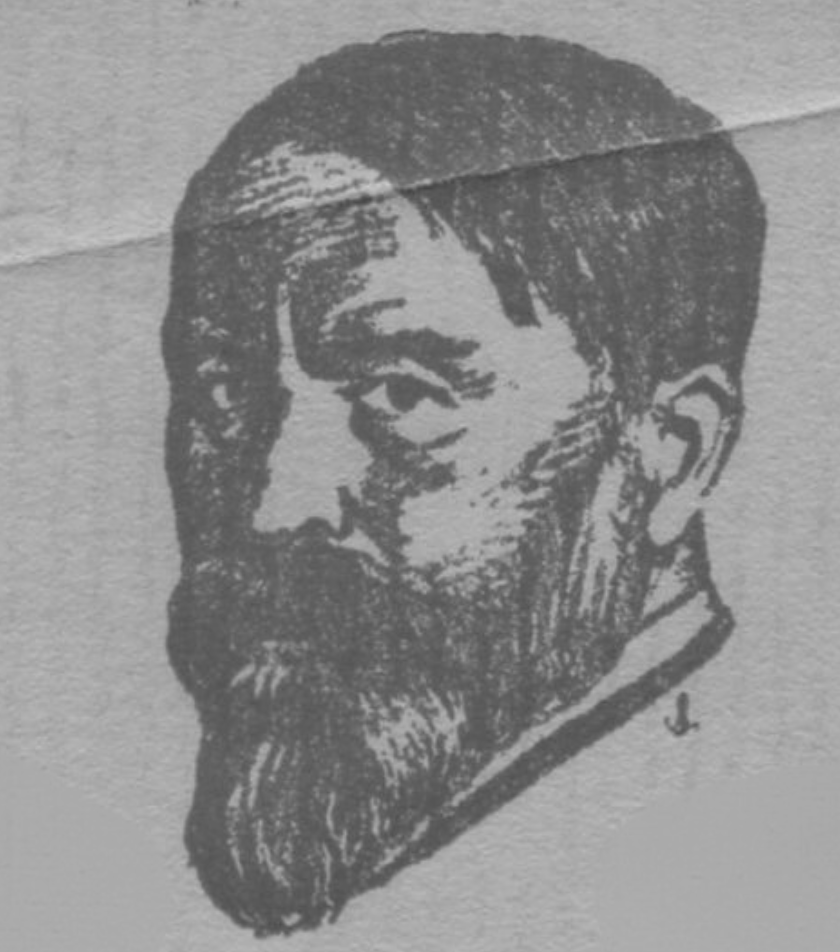Fraulein Else by Arthur Schnitzler
Ovid Publishing Group Edition
Fräulein Else is a 1924 novella by the Austrian writer Arthur Schnitzler.
While vacationing at a luxury resort in the Italian Alps, nineteen-year-old Else receives an urgent letter from her mother revealing her family's impending financial ruin and possible imprisonment. She must turn to Herr von Dorsday, a wealthy family acquaintance, for help. His proposition—to view her naked in exchange for saving her family—forces Else to confront impossible choices between family duty, personal dignity, and survival.

Set against the backdrop of 1920s society, this compelling story exposes the moral bankruptcy of the upper classes and the impossible positions in which young women were often placed. Through Else's inner monologue, Schnitzler creates an intimate portrait of a young mind in crisis, capturing the psychological complexity of sexual politics and social pressure with remarkable insight and sensitivity.
The narrative unfolds entirely through Else's interior monologue, allowing readers unprecedented access to her thoughts, fears, desires, and moral struggles. Supporting characters, including her aunt and cousin Paul, serve to highlight Else's isolation and the suffocating nature of her predicament. Herr von Dorsday emerges as an embodiment of patriarchal power and moral corruption, while Else's absent parents represent the decay of Viennese bourgeois society.
This edition is enriched with:
- A New Modern Translation
- 10 Custom Illustrations
- Introduction by the Editor
- Author's Biography
- 3 Essays by the Editor
Also included are three essays:
- Stream of Consciousness in Schnitzler's "Fräulein Else"
- Sexual Politics and Female Autonomy in Schnitzler's "Fräulein Else"
- The Controversy and Censorship of Schnitzler's "Fräulein Else"
This modern classic, written in 1924, remains startlingly relevant to contemporary discussions about power, consent, and female autonomy. Schnitzler's masterful prose and psychological depth influenced later modernist writers and helped establish him as one of the most important European authors of his generation.
A must-read for fans of Virginia Woolf, James Joyce, and Stefan Zweig, "Fräulein Else" offers a haunting exploration of consciousness, sexuality, and society that continues to resonate with readers today.

